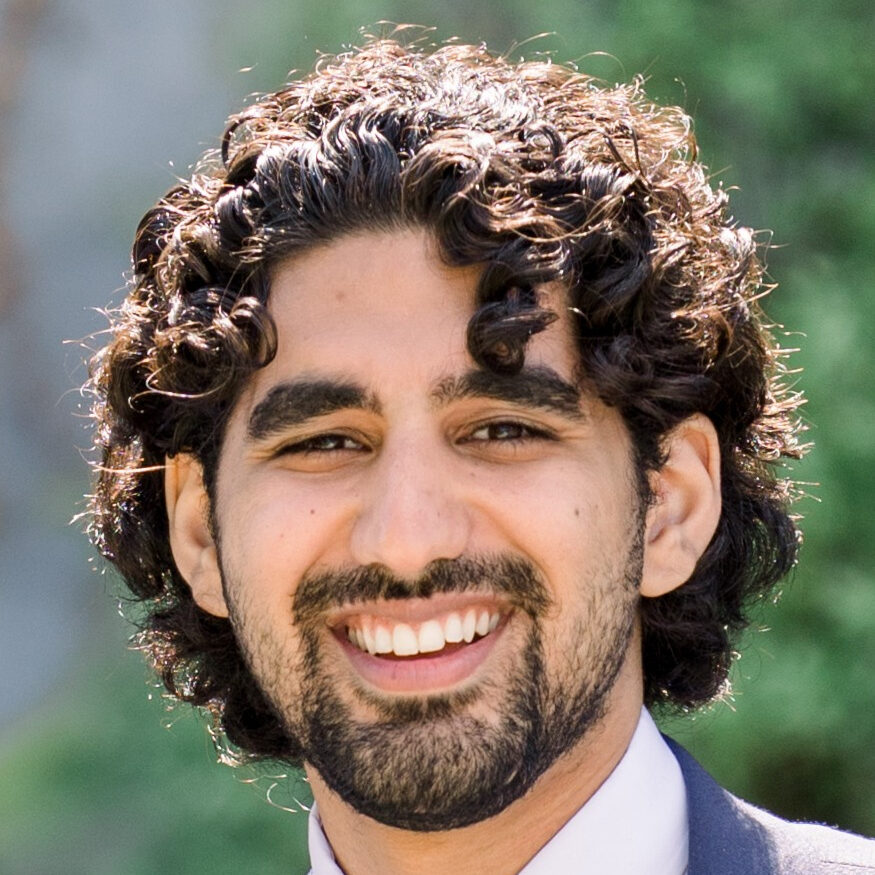
Deepak Kaji, MD, PhD
2024 Leon Levy Scholar in Neuroscience
Icahn School of Medicine at Mount Sinai
Sub-disciplinary Category
Translational & Clinical Neuroscience
Previous Positions
- BA, Cornell University
- PhD, Icahn School of Medicine at Mount Sinai (Advisor: Dr. Alice H. Huang)
- MD, Icahn School of Medicine at Mount Sinai
Bio
Dr. Deepak Kaji completed his BA in Economics and Biological Sciences at Cornell University. During his undergraduate years, he completed an honors thesis utilizing bioengineering techniques to study cardiac development. He completed his MD/PhD at the Icahn School of Medicine at Mount Sinai. His doctoral work was performed in the laboratory of Dr. Alice Huang studying tendon regeneration. During this time he leveraged mouse and human pluripotent stem cells to bioengineer 3D tendon and fibrocartilage constructs ex-vivo. After starting his research residency at Mount Sinai psychiatry, he began working in the laboratory of Dr. Panagiotis Roussos. Leveraging his expertise in stem cell biology, development, and bioengineering, he is using 3D neocortical and hippocampal organoids to model Alzheimer’s disease.
Research Summary
Using 3D organoids and assembloids to model abnormal protein accumulations and aggregations in the brain, a characteristic of Alzheimer’s Disease.
Technical Overview
In Alzheimer’s Disease (AD), tauopathy, the accumulation and spread of abnormal protein called tau, begins in the entorhinal cortex and hippocampus before spreading to the limbic system, and ultimately the neocortex. Although the reasons for this pattern are unclear, the process of tau propagation, or spread, into the neocortex is highly correlated with cognitive decline. Beta-amyloid (a protein fragment that plays a role in AD) and microglia (a type of immune cell found in the brain and spinal cord) have been implicated in tau accumulation and propagation in mouse models, but it remains unclear how they interact with different regional cell types in a human model. Dr. Deepak Kaji proposes to utilize stem cells and gene-editing techniques to generate 3D structures, or organoids, resembling the neocortical and hippocampal regions of the brain. Kaji plans to fuse these region-specific organoids together to form a more complex structure called “assembloids” which will model tau propagation between brain regions and in doing so, will provide a better understanding of taupathy and the progression of Alzheimer’s Disease.